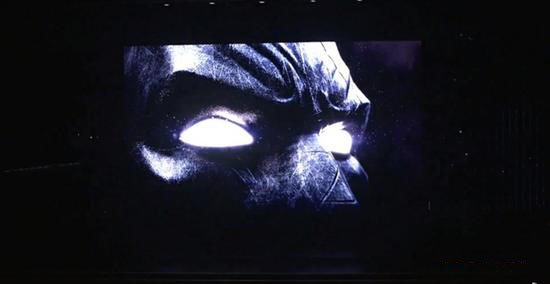In the past week, we have had some news on the classification of virtual reality works. This is indeed a problem that deserves widespread attention. The current momentum of VR development is rapid, and if this is still the case, the discussions on the classification system are being put on hold too much. Ignorant.
"Batman Arkaham VR" is a PlayStation VR starting game released on E3 this year. It was rated as M (adult) last week. In addition to the common adult standards such as violence and indecent language, VR itself is also It has become a grading standard. We can interpret this grading from different perspectives. First, the rating committee may just want to show that this is a VR game, or it may be that VR is a reason why the game is more suitable for adult audiences. Some rating committees may think that VR is not something that everyone can immediately adapt to - not only because it is a new technology, but also because immersive experience brought about by VR is never before.

For traditional games and movies, we can all experience as an outsider without having to add too much emotion, but you can't stay out of VR. Judging by the tension created by this game, it is also possible that the Australian Rating Board considers VR to be a criterion for rising levels. But in any case, we all need to establish a uniform grading standard, otherwise there will be people who complain about why some countries may have more relaxed standards.
Establishing a grading standard does not mean that all VR works will get a higher rating, and I really do not want this to happen. It is often said that children can quickly master VR and they can adapt to VR faster than most adults. Therefore, the idea that VR should be oriented toward adult groups is not supposed to be, or else such grading is not fully considered.
New Zealand's rating committee also discussed this issue publicly. They said that although the classification of VR content is imperative, it may not be immediately possible. The relevant discussions did not only take place in Australia and New Zealand - the BBFC gave a rating for its first VR movie "ABE VR" and its attitude was completely different from the New Zealand Rating Board.
What we need now is more unified action than relying solely on the rating committee. HTC Vive, Oculus Rift, Gear VR and Google Cardboard are already on the market, and the next heavyweight PlayStation VR will be on the market. VR-related content will continue to flourish. In this case, if we do not take action, this industry will become disordered. But if consensus on content ratings can be reached, VR can certainly be consumed in a healthy and positive way.